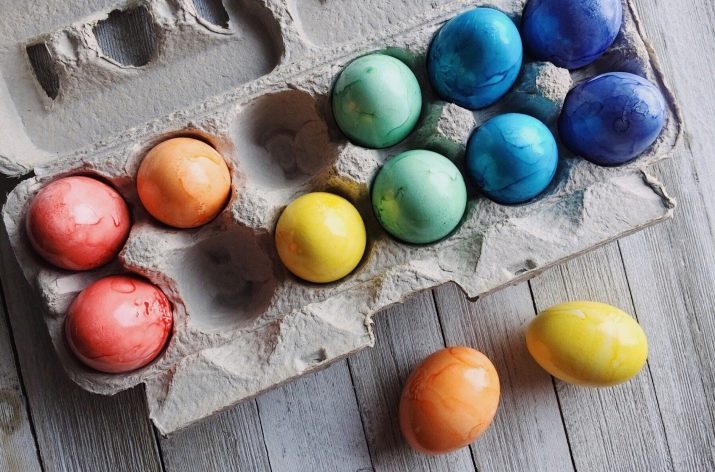How many eggs should I paint for Easter?
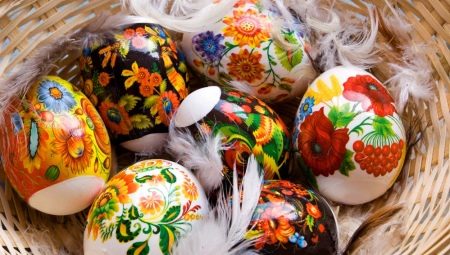
By tradition, eggs should be painted for Easter. Many are interested in the question of their number and what to do with the eggs that have not been eaten on time. This is worth talking about.
How many pieces do you need to cook?
Before Easter, many often have a question about how many eggs you need to take. There is an opinion that an odd number of eggs should be painted on Easter, but, according to the clergy, such an opinion has no basis. According to them, there are no guidelines for the amount of products used.
There should be enough eggs on the Easter table for all family members to eat. In addition, it is necessary to additionally take a few pieces for treating the participants of the meal. In this case, several pieces are left in the temple. It is advisable to consecrate the eggs by taking them to the church. If this is not possible, you can take some holy water and sprinkle them.
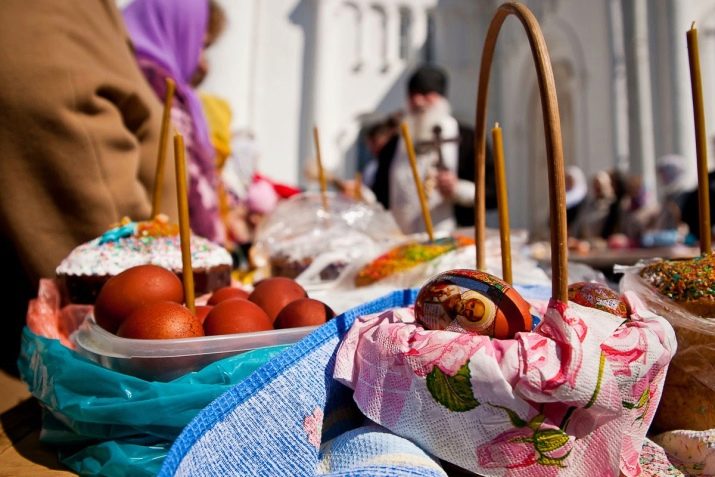
The number of eggs may vary. Excessive dyeing is not recommended. It is enough to take the minimum, but taking into account the treats of family members and neighbors. Those who want to celebrate a holiday at work should think about a larger stock of food. It is customary to give Easter eggs, so you need to boil them taking into account the fact that some of them will come back.
According to the church rule, you need to eat them within 7 days, that is, during the Easter week. In the future, such food is considered unfit for food, there will be no benefit from it.

Eggs themselves are considered a symbol of life. When dyeing them, you can use a variety of shades, but without black, since this color denotes mourning.
It is advisable to take:
- Red shade, since such a color is a symbol of love, life, it is the color of the blood of Christ, his resurrection;
- blue (heavenly) color symbolizes strength of mind, wisdom;
- brown shades serve as symbols of fertility;
- green color is a symbol of renewal, spring;
- usage yellow shades will help to obtain a good harvest.
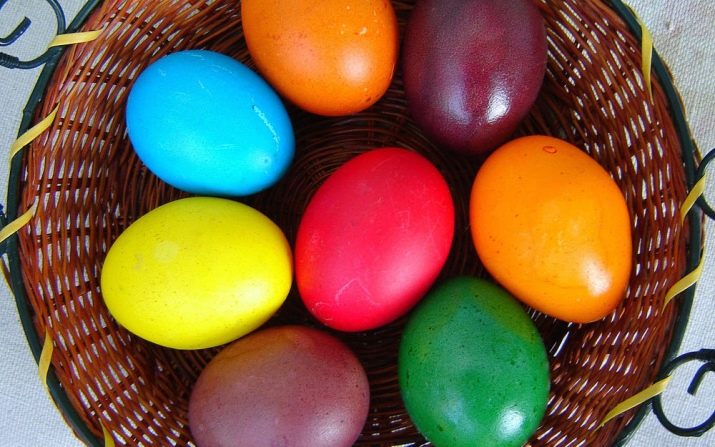
Making out a festive table, it is customary to adhere to some rules.
- You don't have to start the celebration with eggs, but according to a long-standing tradition, most people start their meal with them.
- On this bright holiday, it is not customary to arrange noisy festivities, to cook a lot of fatty and heavy food for the stomach. After a fast, eating these foods can lead to discomfort and indigestion.
- On this day, abundant alcoholic libations, quarrels, noisy gatherings are not allowed... Excessive gluttony according to the canons, just like adultery, can be harmful.
In general, the design of the festive table should be aimed at rallying, bringing joy. It is advisable to involve all family members in painting eggs and decorating the table.
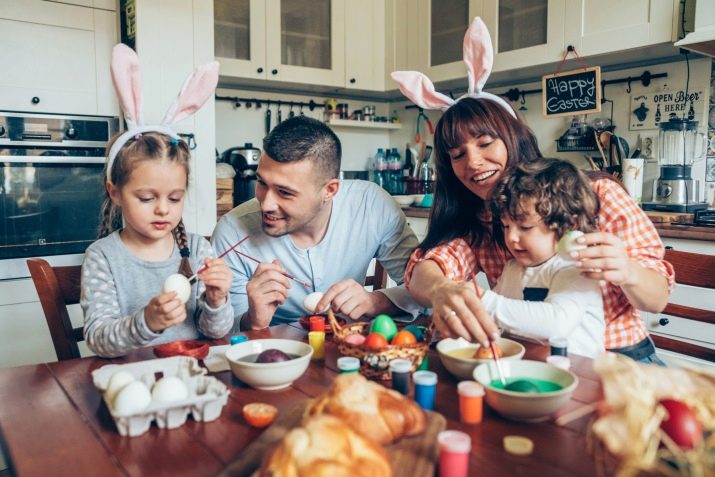
What to do with uneaten eggs?
It is customary to use consecrated foods during the Holy Week and up to the Ascension.
Harvesting more eggs than required will result in food being left uneaten. Many are interested in the question of whether it is possible to throw out consecrated foods and how to do it correctly.
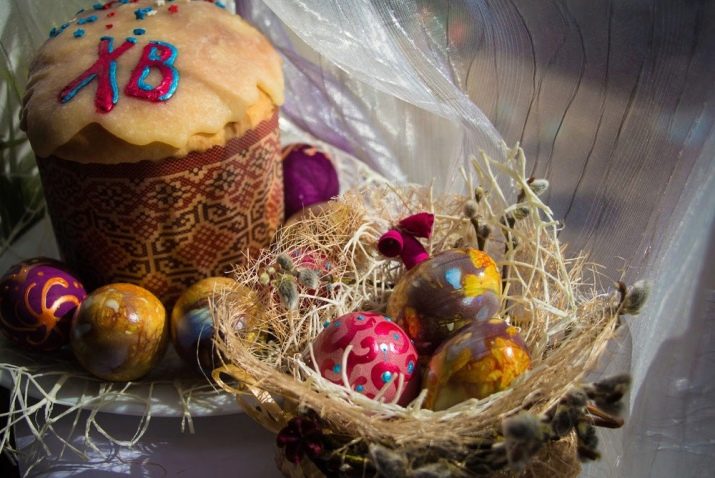
It is worth noting that eggs that have been consecrated in the church cannot be thrown into an urn or simply into a trash can. This also applies to other products that have been consecrated.
But if the products still remain, they should be burned, you can do it yourself or take it to the temple. The ministers of the church will take care of everything themselves. The same applies to stickers with the faces of saints. They are not just thrown away, but burned or buried.
Products are burned in closed ovens, as eggs often "explode". Ashes remaining after carrying out such a procedure must be buried in a place that excludes trampling on it with your feet. You can bury it near the graves of relatives at a sufficient depth.
You can also bury the eggs somewhere in a secluded place where people will not walk. To do this, you can go to the forest or park and bury food there or find a rarely used place in your own garden, for example, in the corner near the fence.
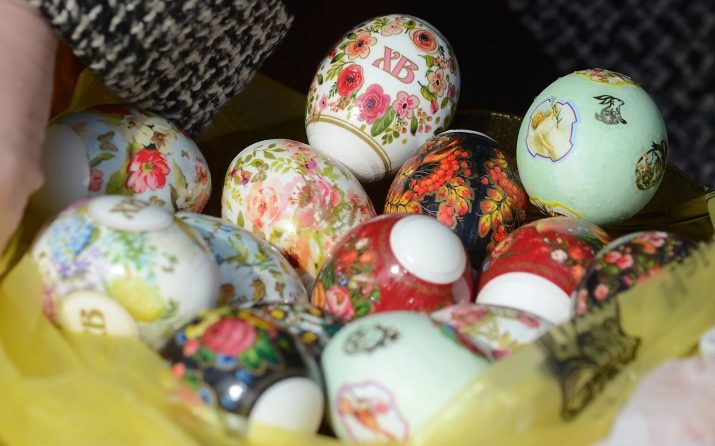
Many people ask similar questions in various Orthodox forums. On the advice of the priest, eggs with a long period of time should be:
- burn in the oven;
- throw it into a river with a strong current;
- bury in the ground in an area of little passability;
- take it to the church for disposal.
In this case, you can use any of the methods that suits everyone individually.
At the same time, it is important to understand that consecrated products are sacred and should be treated with special respect.
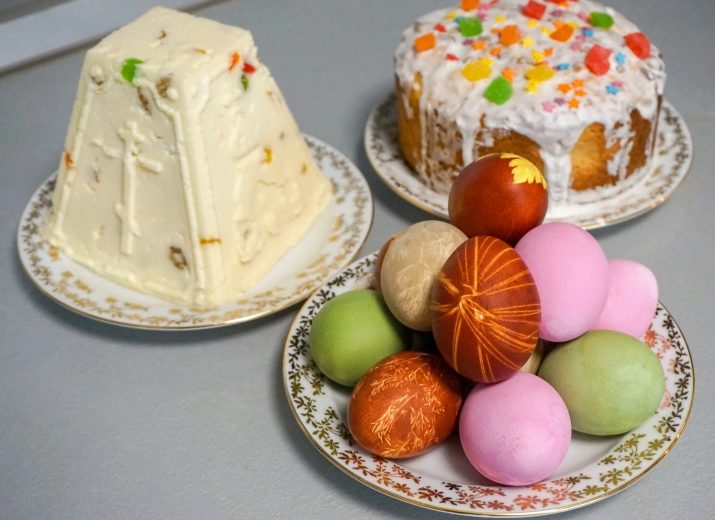
The correct calculation of the products used will allow you to eat all the eggs on time, which will eliminate the need for their disposal. They should be stored at room temperature for 3-4 days. Food can be stored in the refrigerator for longer, up to 7 days. Eggs uneaten in the early days are best given to the poor.
Many leave an egg near the iconostasis, and it lies there until next year. During this time, nothing happens to it, it does not deteriorate, but dries up and becomes light. Next year, such an egg is usually replaced by a fresh one, and last year's one is disposed of by choosing one of the options described above.
